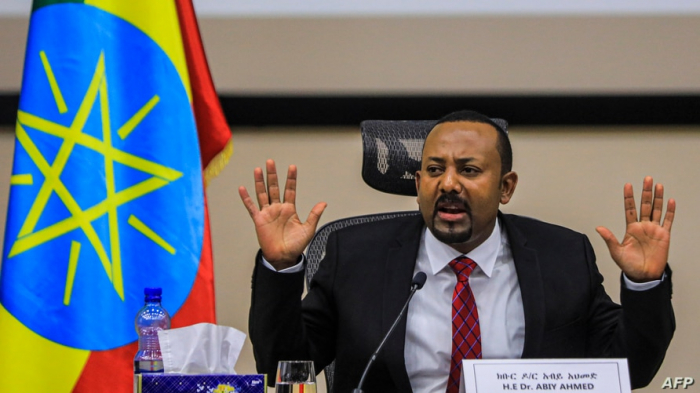Abiy's Prosperity Party, a pan-Ethiopian movement he founded a year ago, faces challenges from increasingly strident ethnically-based parties seeking more power for their regions.
Africa's second most populous nation has a federal system with 10 regional governments, many of which have boundary disputes with neighbouring areas or face low-level unrest.
In the northern Tigray region, thousands of people are believed to have died and 950,000 have fled their homes since fighting between regional and federal forces erupted on Nov. 4. Tigray held its own elections in September in defiance of the federal government, which declared the polls illegal.
The National Electoral Board said next year's calendar for polls did not include an election in Tigray. It said the date for a Tigray vote would be set once an interim government, which was established during the conflict, opened election offices.
The national vote was postponed from August this year due to the coronavirus crisis. The head of the winning party becomes prime minister.
For nearly three decades until Abiy's appointment, Ethiopia was ruled by a coalition of four ethnically-based movements dominated by the party from Tigray. That administration ruled in an increasingly autocratic fashion until Abiy took power in 2018 following years of bloody anti-government street protests.
The initial months after Abiy's appointment saw a rush of political and economic reforms, including the release of tens of thousands of political prisoners.
More about: Ethiopia
















































